South Africa's Political Stance Sparks Concerns Over Research Funding
South Africa's political decisions, particularly about the Gaza conflict, have initiated waves of reconsideration from international communities and potential donors. The African National Congress (ANC) government's known alignment with pro-Palestinian stances and its critical attitude toward Israel have become a focal point of contention. As global donors reassess their contributions, the ripple effects are visible, primarily affecting research funding which is pivotal for the country's scientific progress. For a nation already grappling with developmental research challenges, these circumstances ring alarm bells across various sectors reliant on these crucial funds.
Criticism Against ANC's Foreign Relations
The ANC's political affiliations don't stand without controversy. It has faced sharp criticism, particularly for its perceived closeness with groups like Hamas. Several countries label these organizations as terrorist entities, including powerful players like the United States. A significant stir was caused by a report from the Institute for the Study of Global Antisemitism and Policy (ISGAP). This report underlined the ANC’s ties not just with Hamas but with regional powers such as Iran and Qatar, countries fiercely accused of backing terrorism. More worryingly, it highlighted South Africa's emerging role as a conduit for terrorist financing, funneling resources to organizations like Hamas and Hezbollah.
Legal Actions and Their Ramifications
Adding fuel to the fire, South Africa's move to take Israel to the International Court of Justice (ICJ) over the Gaza war stirred domestic and global criticism. While South Africa welcomed the ICJ's provisional measures against Israel, they also raised questions about South Africa's neutrality in international law. Some critics argue these actions might implicate South Africa in aiding or supporting forms of genocide—a grave accusation under the international lens, potentially jeopardizing its diplomatic standing and partner trust.
Impact on the Jewish Community
The Jewish community within South Africa finds itself in a precarious position owing to the government’s controversial approaches. Facing accusations of stemming from apartheid eras, this community strongly argues that criticism directed toward Israel often crosses into antisemitism. Though physical violence remains absent, the societal tensions and vilifications have fostered a climate of unease, particularly alarming in a country celebrated for its reconciliation post-apartheid.
Research Sector Under Threat
The already tenuous state of research funding in South Africa faces further daunting challenges. Nations across Africa, including South Africa, encounter significant hurdles when securing adequate research and developmental funding. Some of these challenges include deficient infrastructure, a dearth of skilled researchers, and lackluster institutional frameworks that limit access to competitive research grants. Consequently, international funding partnerships stand as a critical lifeline for scientific advancement within the region.
However, the ANC government’s current geopolitical stance poses a severe threat to these lifelines. States and organizations previously predisposed to aid South Africa may rethink collaborations if the country is seen aligning with entities involved in terrorism. This predicament underscores the urgent need for reflective foreign policy decisions that do not endanger the nation’s developmental objectives.
The Need for Balancing Diplomacy and Development
As South Africa navigates this challenging landscape, it becomes imperative for policymakers to strike a delicate balance between diplomatic alliances and developmental needs. The orange alert ignited by the possible withdrawal of crucial international funding must serve as a wake-up call. It’s not just a matter of siding on political grounds but also weighing the broader implications these decisions will inevitably have on the nation's academic and research future. Securing partnerships necessitates embracing policies that reflect a commitment to uphold peace, justice, and sustainable development.
Conclusion: South Africa at a Crossroads
So, where does this leave South Africa? At the crossroads of intricate global diplomacy, its leaders face pivotal decisions. These not only impact immediate political standings but also influence the fabric of academic and scientific realms that depend heavily on international cooperation. The diplomatic stance adopted today will reverberate through the corridors of research institutions for years to come, dictating the future trajectory of South African science, technology, and innovation. Policymakers must carefully navigate these waters, ensuring that the scales of justice, peace, and development are evenly managed to secure a prosperous future for the nation.
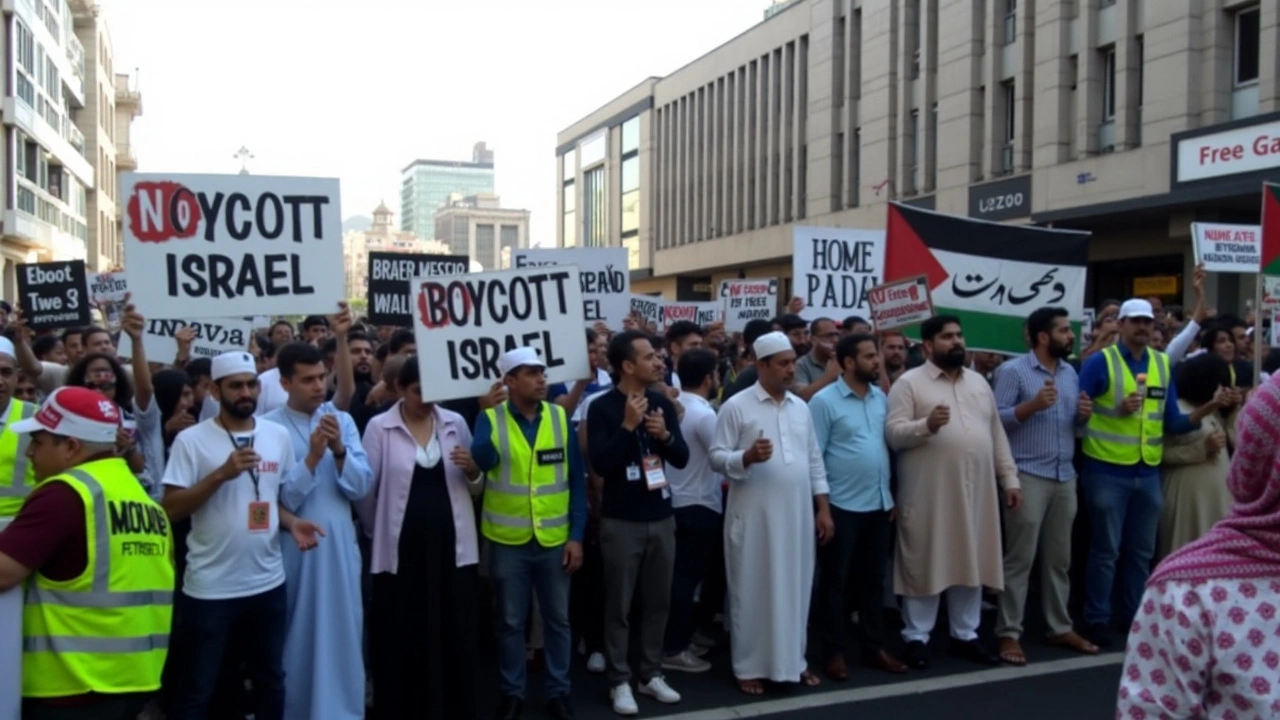
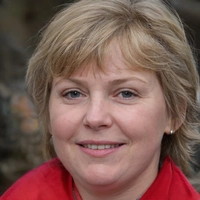


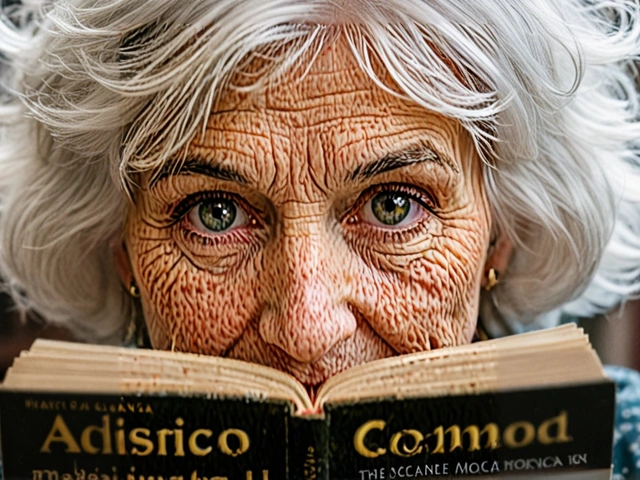
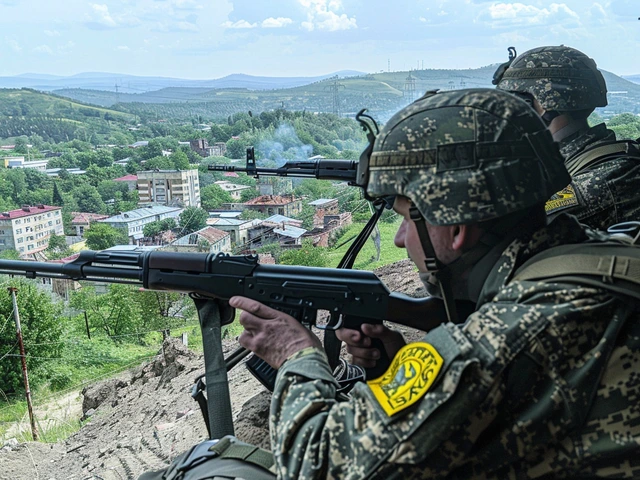
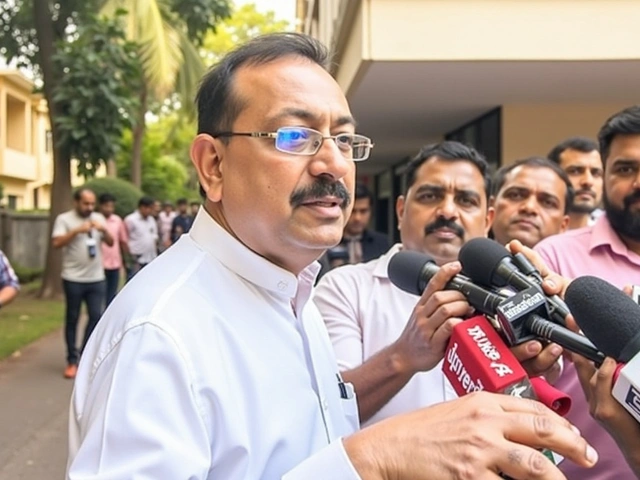
Write a comment